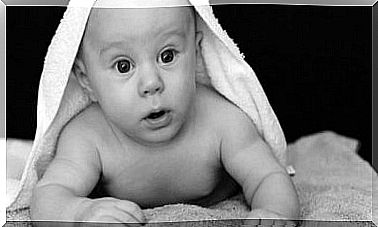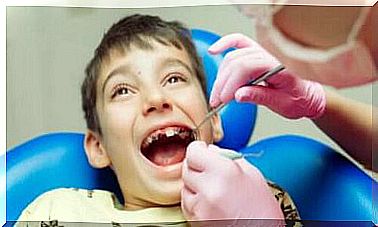Can Children With Asthma Play Sports?
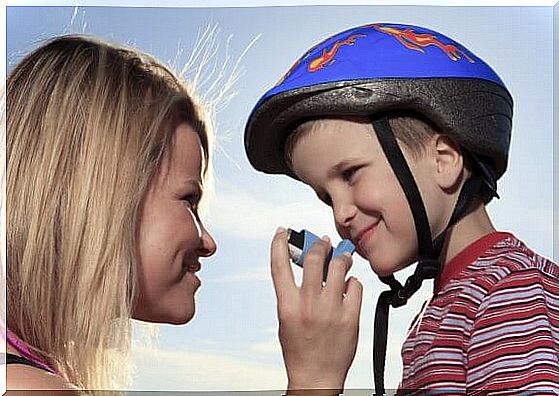
Can children with asthma play sports? This is the most common question in homes where children with this pathology live. Many of them are eager to practice some sport, but their parents do not know if this is advisable or not for their condition.
No child who has asthma should be deprived of the sport they enjoy. In these cases, contrary to what one might think, physical exercise can help to improve their respiratory condition, in addition to keeping the child at an adequate weight; however, it is clear that it is always necessary to evaluate the conditions in which the sport activity is practiced.
Other benefits that the practice of sports will bring to the child are: physical and mental well-being, improvements in self-esteem and self-confidence which, in turn, will result in an increase in their social integration.
In order to take advantage of all that was said above, it is enough to keep the disease under control, always have the necessary medications available and periodically consult a specialist physician.
What is asthma?
Asthma is a chronic disease that produces excessive coughing, wheezing, and difficulty breathing or dyspnoea. There are children who manifest this pathology when doing some physical activity or after finishing it, and in this case, it is known as exertional or exercise-induced asthma.
This type of asthma does not prevent children from playing sports. On the contrary, it is convenient for her to practice them, as the benefits to her health and emotional stability are well known. The most important thing is that the child and their trainer know when it is time to stop for a break or end training.
Recommended sports for children with asthma
There are a wide variety of sports and recreational activities that children with this breathing difficulty can do.
The most suitable sport is simply one that the child considers their favourite. Otherwise, she will use the disease to abandon you. The most important thing is that the child feels comfortable and happy with their sporting activity.
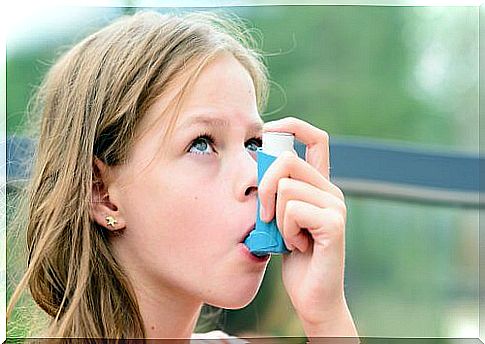
With the exception of diving with compressed air cylinders (which is not recommended), a child who has asthma can practice any type of sport. Some modalities are less asmogenic than others, so we should be able to recognize the reactions that arise in time.
If the child adequately tolerates physical activity, it is not necessary to medicate him before the practice. If, on the other hand, the condition gets complicated, it is better that she take the medication 10 minutes before starting the activity.
The sports that generate the most asthma symptoms are those that require continuous effort, such as endurance running, cycling, athletics, mountain climbing, basketball, rugby, soccer, skating, or ice hockey. These activities require a great deal of energy without rest periods.
On the other hand, sports such as gymnastics, golf, swimming and water polo in an indoor heated pool, as well as yoga, light cycling, walking, trekking , fencing and martial arts (judo, karate, taekwondo), are less likely to cause an asthma attack, as they alternate moments of exertion with rest.
Given the above, it is clear that children who have asthma can play sports, lead a normal life and go to school religiously, free from typical episodes and symptoms of the disease.
Recommendations for children who have asthma to play sports
- It is important that a light warm-up is done for a period of 15 minutes before starting the sport.
- Avoid exercising at all costs when your child has an asthma attack.
- Clear nostrils. We must ensure that the child breathes correctly through the mouth and nose.
- The sport must be practiced in a moderate way so that, in this way, the body adapts to the movements and the type of breathing needed.
.
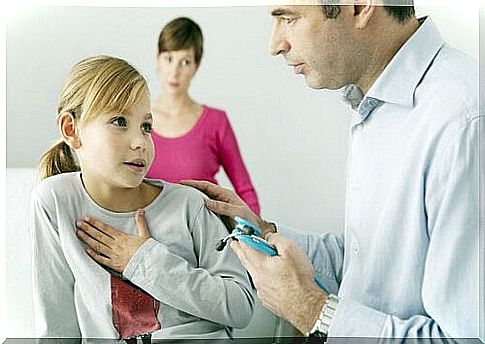
- Avoid, whenever possible, cold or dry environments, as well as those contaminated or with the presence of smoke.
- Avoid intense or long-term exercise, especially if the child does not have acceptable physical conditioning and if the limits of the sport practiced are not known.
- Treat asthma with a specialist, take the prescribed medication before physical activity, if necessary, and take into account the hygiene measures to prevent crises at all times.
In short, physical activity is necessary for a child’s growth and good health. Therefore, preventing her from doing it is a mistake that we must completely avoid. In fact, exercise significantly contributes to the recovery of respiratory capacity. So, consider it as part of the treatment.






